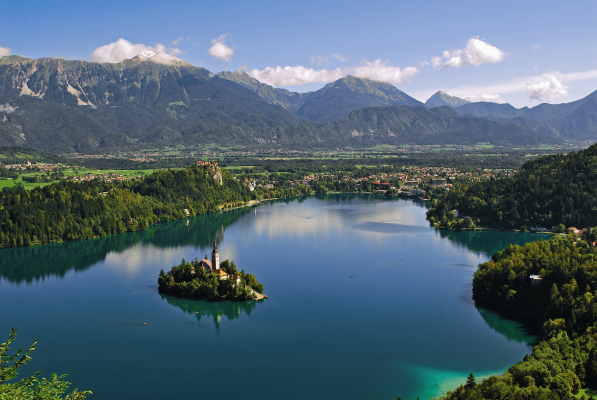Scientific Committee begins in Bled, Slovenia
Over the next two weeks, Slovenia will once again play host to the Scientific Committee of the IWC. Around 200 of the world’s leading cetacean scientists will gather in Bled to discuss the latest research on a wide range of subjects related to cetacean conservation and management.
Proceedings will begin with two pre-meetings. The first will discuss ship noise, including sound measurement and acoustic mapping, and techniques for understanding the impact of noise on whales. The second will review proposals for a new whale sanctuary in the South Atlantic.
The Scientific Committee begins formally on 7 June with a plenary session. Fifteen sub-groups will then form and run simultaneously, covering a wide variety of subjects, which range from ecosystem modelling and whalewatching to stock definition and aboriginal whaling management. Some groups also cover specific regions, species or groups, including small cetaceans.
Each sub-group produces a report to be reviewed at a concluding plenary session running from 17-19 June. A joint meeting of the Scientific and Conservation Committees will follow immediately afterwards on 20 June. The Conservation Committee considers policy and management aspects of cetacean conservation, and works closely with the Scientific Committee to understand and address a range of threats to whales and their habitats.
The role of the IWC Scientific Committee is to provide advice to the Commission. The discussions and recommendations of the Scientific Committee's annual meeting are recorded in a detailed report which is presented to the Commission and provides a scientific foundation for IWC policy making. The Scientific Committee report will be published at the beginning of July (two weeks after the meeting closes) and will be available via the IWC home page. To read Scientific Committee Reports from previous years click here.

